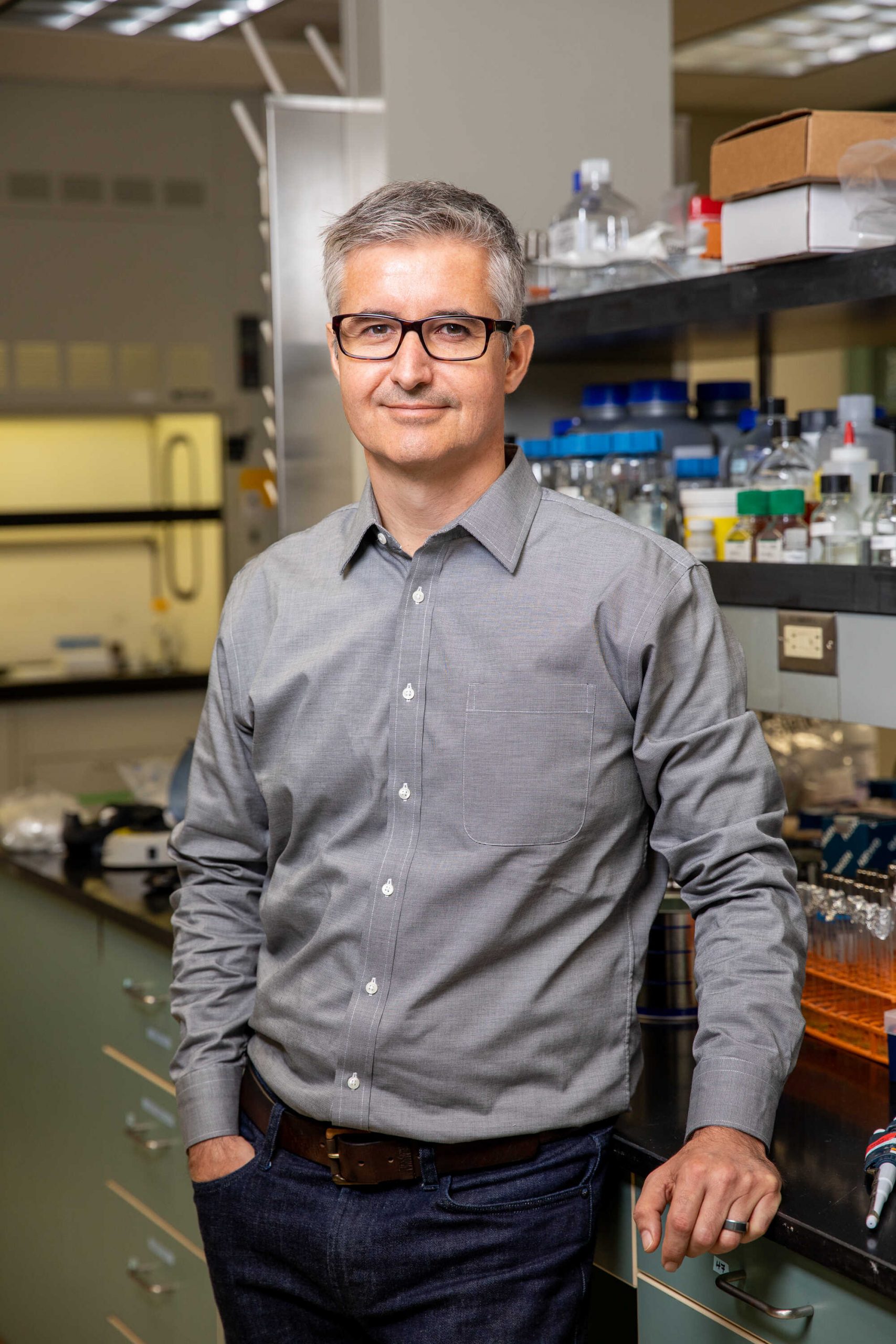Welcome to the Wood Lab!
Working to understand the epigenetic mechanisms
underlying memory and addiction

The Wood lab
Research in the Wood lab is focused on understanding the epigenetic mechanisms necessary for long-lasting forms of synaptic plasticity, long-term memory, and drug-seeking behavior. We primarily focus on histone modifying and nucleosome remodeling mechanisms. These have been implicated in generating long-lasting changes in cell function that can ultimately give rise to long-term changes in behavior, and most of these enzymes are associated with human intellectual disability disorders.

Research
The Wood lab research program is focused on understanding how epigenetic mechanisms regulate memory formation and drug-seeking behaviors. Research is supported by the National Institute on Drug Abuse, the National Institute on Aging, and the National Institute of Mental Health.

Innovation
To answer questions about how our brains form long-lasting memories or how the reward pathways in our brain are hijacked by drugs of abuse, we employ state-of-the-art molecular, genetic, viral, and bioinformatic tools. These approaches allow us to study the entire orchestra of gene expression involved in memory formation, or manipulate a single gene in specific cell types of a specific brain region.

Training and Mentorship
We have a strong focus on training and mentorship in a highly collaborative lab.

Marcelo A. Wood, Ph.D
Department of Neurobiology and Behavior
School of Biological Sciences, University of California Irvine
Dr. Marcelo Wood is a Professor and Chair of the Neurobiology and Behavior Department at UC Irvine.
Dr. Wood received his BS in Chemical Engineering from the University of Colorado in Boulder. From there he changed fields to study the molecular mechanisms underlying cancer biology in the Department of Molecular Biology at Princeton University, where he received his PhD. His graduate work focused on epigenetic mechanisms of cancer biology. He then switched fields again to study the role of epigenetic mechanisms underlying long-term memory in his Postdoctoral research with Dr. Ted Abel at the University of Pennsylvania. His lab currently focuses on the role epigenetic mechanisms involved in synaptic plasticity, normal long-term memory processes, memory processes associated with drugs of abuse, and age-related memory impairments.
